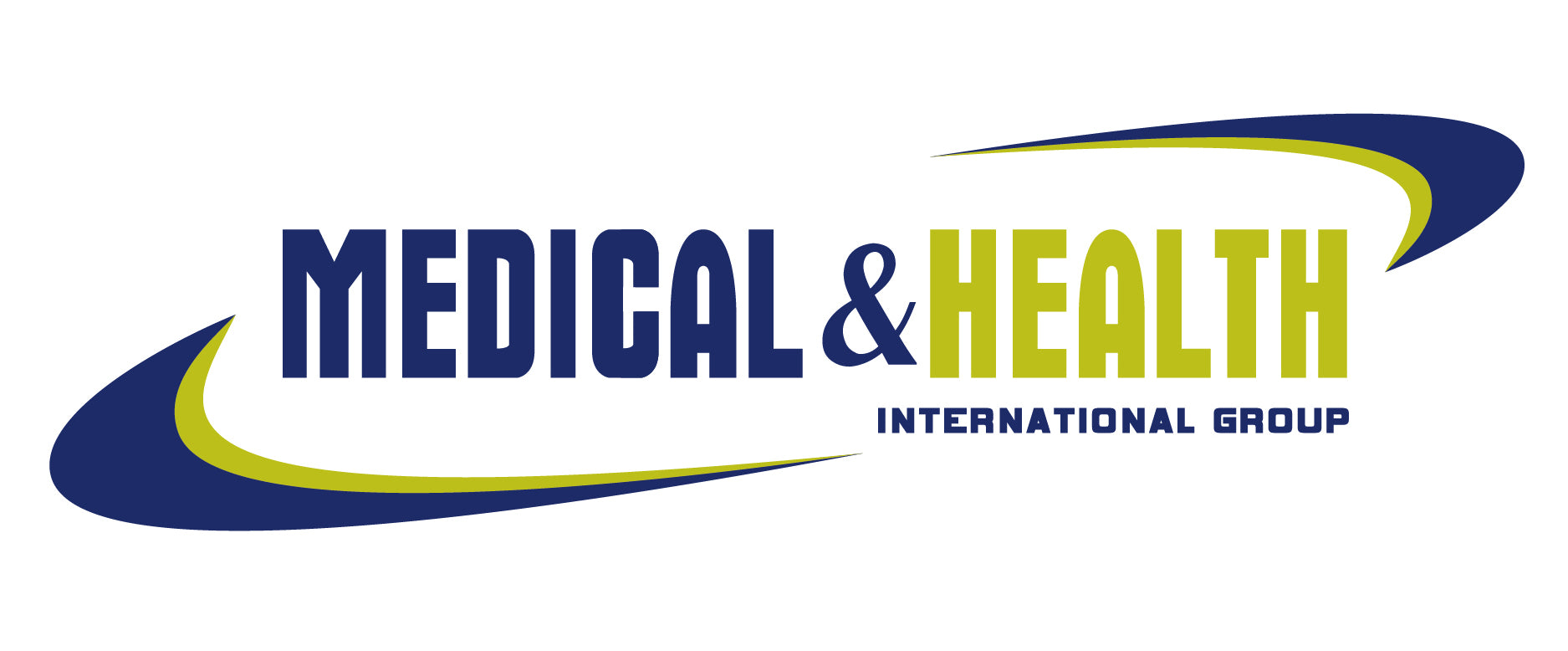
Resveratrol, a naturally occurring compound found in various plants, particularly in grapes, berries, and peanuts, has garnered significant attention in the field of health and wellness. Studies have shown that this polyphenolic compound holds promising health benefits, leading to its popularity as a dietary supplement. In this article, we explore the potential health advantages of resveratrol and the scientific evidence supporting its use.
Antioxidant Properties:
One of the primary reasons resveratrol has captured the interest of researchers is its potent antioxidant properties. Antioxidants play a crucial role in neutralizing free radicals, unstable molecules that can damage cells and contribute to aging and various diseases. Resveratrol's ability to combat oxidative stress suggests it may help protect the body against chronic conditions such as heart disease, diabetes, and cancer.
Cardiovascular Health:
Resveratrol has been extensively studied for its potential cardiovascular benefits. Research indicates that this compound may promote heart health by improving blood flow, reducing inflammation, and enhancing the function of blood vessels. Some studies have shown that regular consumption of resveratrol-rich foods or supplements could have a positive impact on cholesterol levels and blood pressure, lowering the risk of heart disease.
Anti-Inflammatory Effects:
Inflammation is a natural response of the body to injury or infection, but chronic inflammation can lead to various health problems. Resveratrol has demonstrated anti-inflammatory properties that may help reduce inflammation in the body. By doing so, it may contribute to the prevention or management of conditions such as arthritis and other inflammatory diseases.
Neuroprotective Potential:
Emerging research suggests that resveratrol may have neuroprotective effects, meaning it could protect the brain from age-related decline and neurological disorders. Studies conducted on animals have shown that resveratrol may enhance cognitive function and reduce the risk of neurodegenerative diseases like Alzheimer's and Parkinson's. However, more research is needed to establish its efficacy in humans fully.
Anti-Aging Properties:
Resveratrol's association with longevity and anti-aging has been a subject of interest for scientists. It activates certain genes that are thought to promote longevity and improve cellular health. While resveratrol alone cannot halt the aging process, it is considered one of the factors that may contribute to overall health and vitality.
Cautions and Considerations:
While resveratrol shows great promise in promoting health, it is essential to approach its consumption with caution. The available research has mostly been conducted on animals or in laboratory settings, and the results may not always translate directly to human benefits. Additionally, the optimal dosage and long-term effects of resveratrol supplementation are still under investigation.
Furthermore, individuals taking specific medications or with certain medical conditions should consult a healthcare professional before adding resveratrol supplements to their regimen. It is important to ensure that resveratrol does not interact with any ongoing treatments or exacerbate existing health conditions.
Conclusion:
Resveratrol's potential health benefits have captured the interest of scientists and health enthusiasts alike. As an antioxidant-rich compound found in various plant sources, it holds promise in supporting heart health, combating inflammation, and potentially protecting against age-related cognitive decline. However, while the research is promising, more human studies are needed to validate the efficacy and safety of resveratrol supplementation. In the meantime, incorporating a balanced diet rich in fruits and vegetables can naturally provide a dose of this fascinating compound, contributing to overall well-being and potentially promoting longevity.
